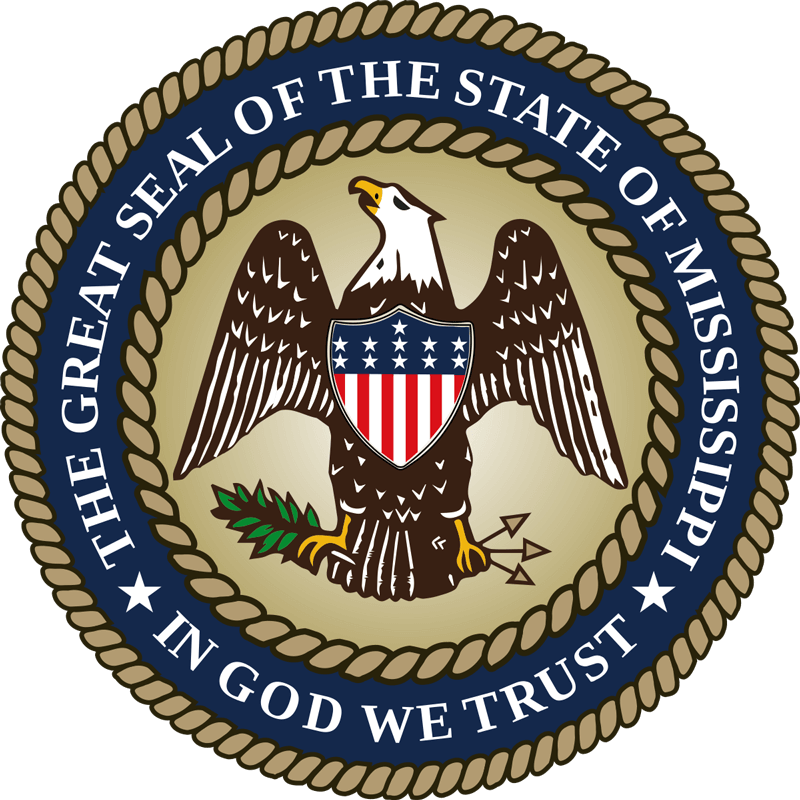National PTSD Awareness Day: Supporting Those Affected by Post-Traumatic Stress Disorder
National PTSD (Post-Traumatic Stress Disorder) Awareness Day, observed annually on June 27th, is an opportunity to raise awareness about this mental health condition and show support for individuals who have experienced trauma. This article aims to shed light on PTSD, its impact, and the importance of promoting understanding, empathy, and access to resources for those affected.
1. Understanding PTSD:
Post-Traumatic Stress Disorder is a mental health condition that can develop after experiencing or witnessing a traumatic event. Traumas such as combat exposure, natural disasters, accidents, or physical or sexual assault can trigger PTSD. Individuals with PTSD may experience intrusive memories, nightmares, flashbacks, hypervigilance, avoidance, emotional numbness, and changes in mood and behavior.
2. Prevalence and Impact:
PTSD can affect anyone, regardless of age, gender, or background. According to the National Center for PTSD, approximately 8% of the population will experience PTSD at some point. The disorder can profoundly impact individuals, their relationships, and their overall quality of life. It may lead to difficulties in work or school, substance abuse, depression, anxiety, and an increased risk of suicidal thoughts.
3. Destigmatizing PTSD:
National PTSD Awareness Day is crucial in destigmatizing PTSD and promoting understanding and empathy. It encourages open conversations, reduces misconceptions, and highlights the importance of providing support and resources for those with PTSD. Challenging stigma creates an environment where individuals feel comfortable seeking help and support.
4. Recognizing the Signs and Seeking Help:
Raising awareness about the signs and symptoms of PTSD is essential for early identification and intervention. Educating individuals about common indicators, such as re-experiencing traumatic events, avoiding triggers, negative mood changes, and hyperarousal, can help people recognize when they or someone they know may be experiencing PTSD. Encouraging individuals to seek professional help is crucial in effectively managing and treating the disorder.
5. Promoting Access to Treatment:
Effective treatments for PTSD are available, and timely intervention can make a significant difference in recovery. Various therapies, such as cognitive-behavioral therapy (CBT), eye movement desensitization and reprocessing (EMDR), and medication, have shown positive results in reducing symptoms and improving overall well-being. Promoting access to mental health services and encouraging individuals to seek evidence-based treatments is essential.
6. Supporting Loved Ones:
Family members, friends, and communities are vital in supporting individuals with PTSD. Showing empathy, active listening, and understanding can make a significant difference in their journey to recovery. It is crucial to create a supportive environment where individuals feel safe to discuss their experiences and emotions. Educating ourselves about PTSD and its impact can help us provide the necessary support and reduce the isolation often experienced by those with PTSD.
7. Advocating for Change:
National PTSD Awareness Day also serves as an opportunity to advocate for improved resources and services for individuals with PTSD. It highlights the importance of allocating adequate funding for research, mental health programs, and community support networks. Advocacy efforts can help shape policies prioritizing the well-being of individuals with PTSD and ensure appropriate resources are available.
National PTSD Awareness Day is a time to unite as a community and support individuals affected by post-traumatic stress disorder. We can create a more compassionate and inclusive society by raising awareness, reducing stigma, promoting understanding, encouraging access to treatment, and supporting loved ones. Together, we can positively impact the lives of those living with PTSD and ensure they receive the care, support, and understanding they need to heal and thrive.
